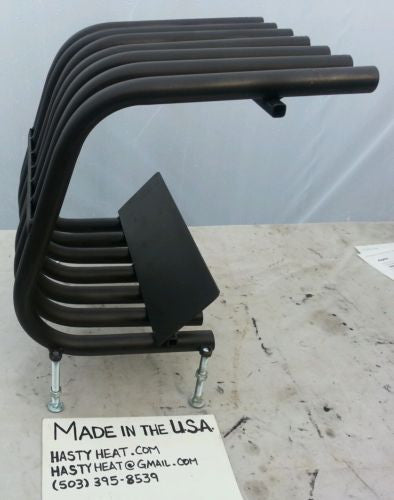Edit: I am looking for emergency alternatives in case heating goes out.
I am looking for heating alternatives for my house.
I am a renter in about 1200sqft house. It currently has electric baseboard heaters.
the house has a fireplace in the living room, but it does absolutely nothing for warmth.
I am thinking something in wood or propane. I might be able to get my landlord to split the cost of a fireplace insert, but don't want to spend a ton of money.
I think I'd like to keep it under $500.
the other option is some propane heaters. For the smal 1lb bottles or larger 20lb
any thoughts?
I am looking for heating alternatives for my house.
I am a renter in about 1200sqft house. It currently has electric baseboard heaters.
the house has a fireplace in the living room, but it does absolutely nothing for warmth.
I am thinking something in wood or propane. I might be able to get my landlord to split the cost of a fireplace insert, but don't want to spend a ton of money.
I think I'd like to keep it under $500.
the other option is some propane heaters. For the smal 1lb bottles or larger 20lb
any thoughts?
Last Edited:






 Yep propane = NO and depending on city/county air quality standards it can be a no go on wood along with high cost of pellet option cause they need to be certified and installed by a pro for insurance purposes. Definitely not going to stay in the $500 range unless you want to wrap up in an electric blanket and have a long extension cord for traversing the house......LOL.
Yep propane = NO and depending on city/county air quality standards it can be a no go on wood along with high cost of pellet option cause they need to be certified and installed by a pro for insurance purposes. Definitely not going to stay in the $500 range unless you want to wrap up in an electric blanket and have a long extension cord for traversing the house......LOL.












